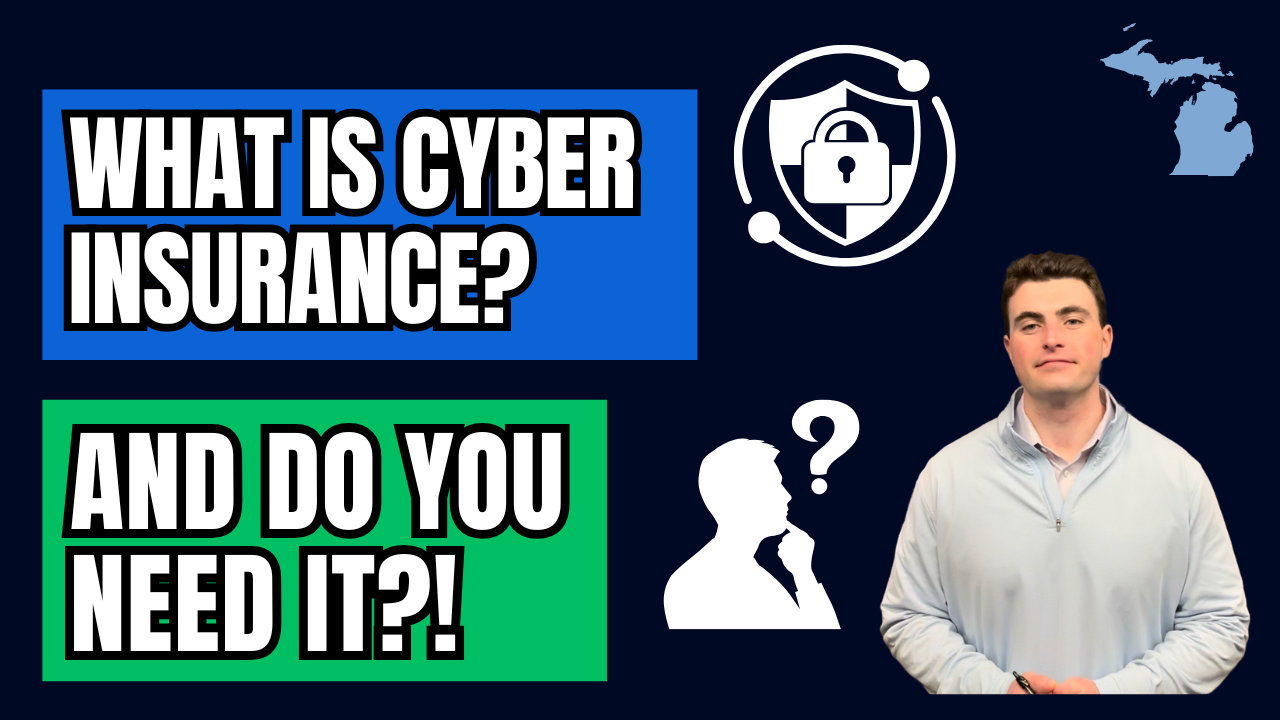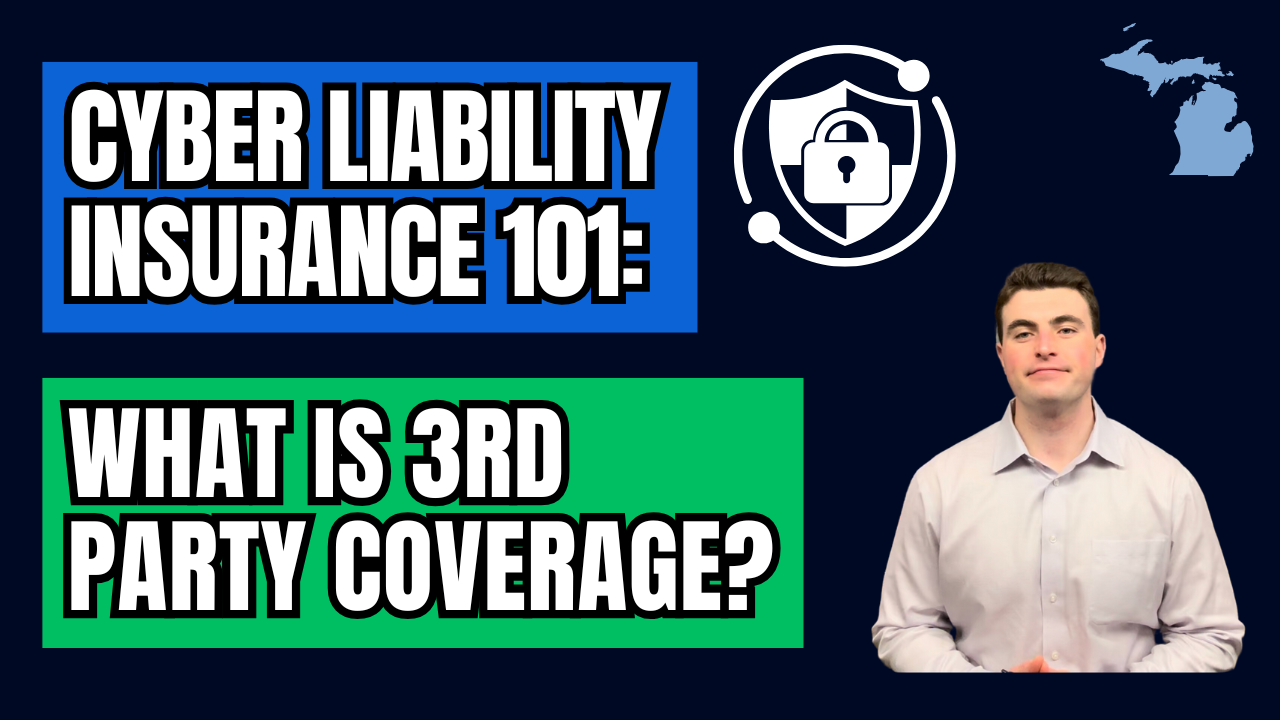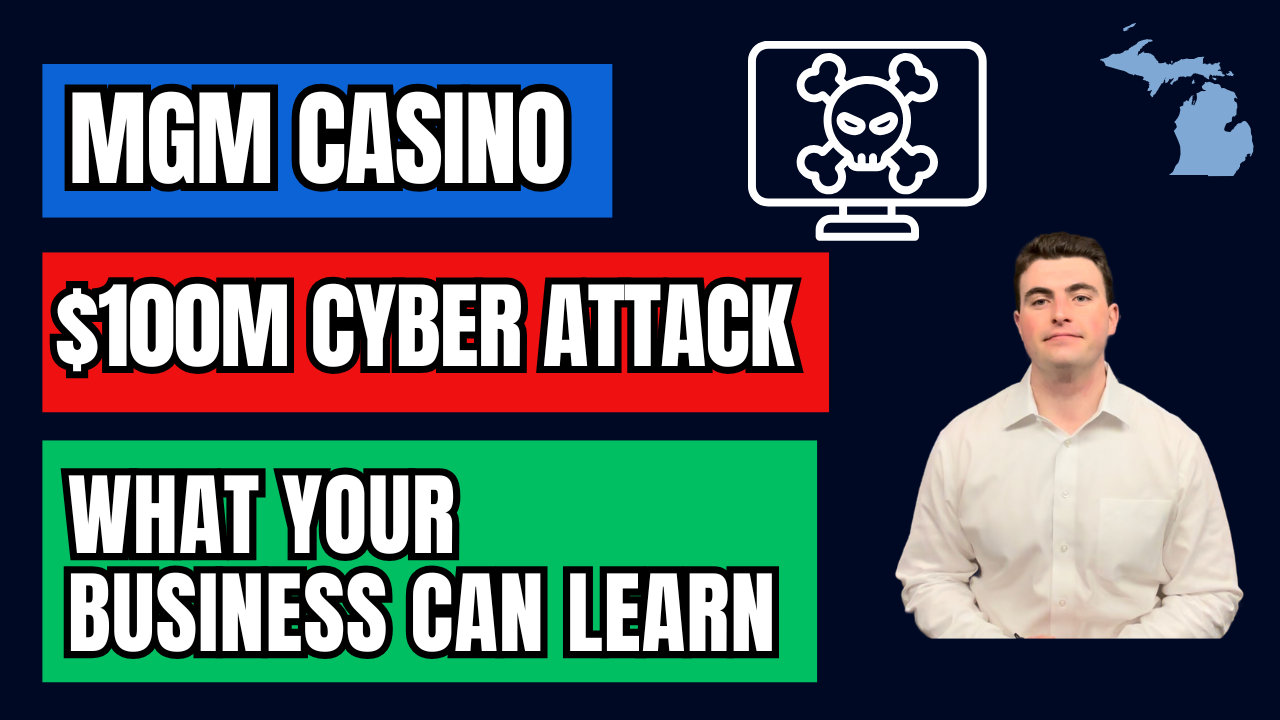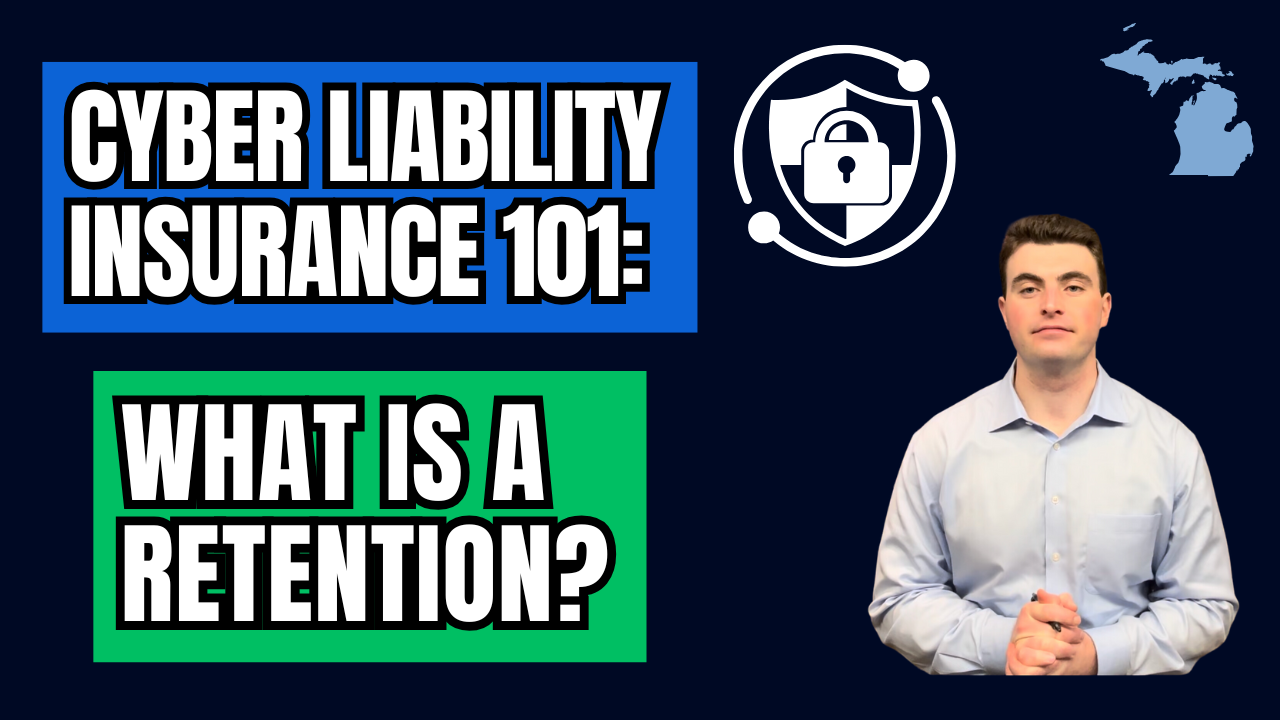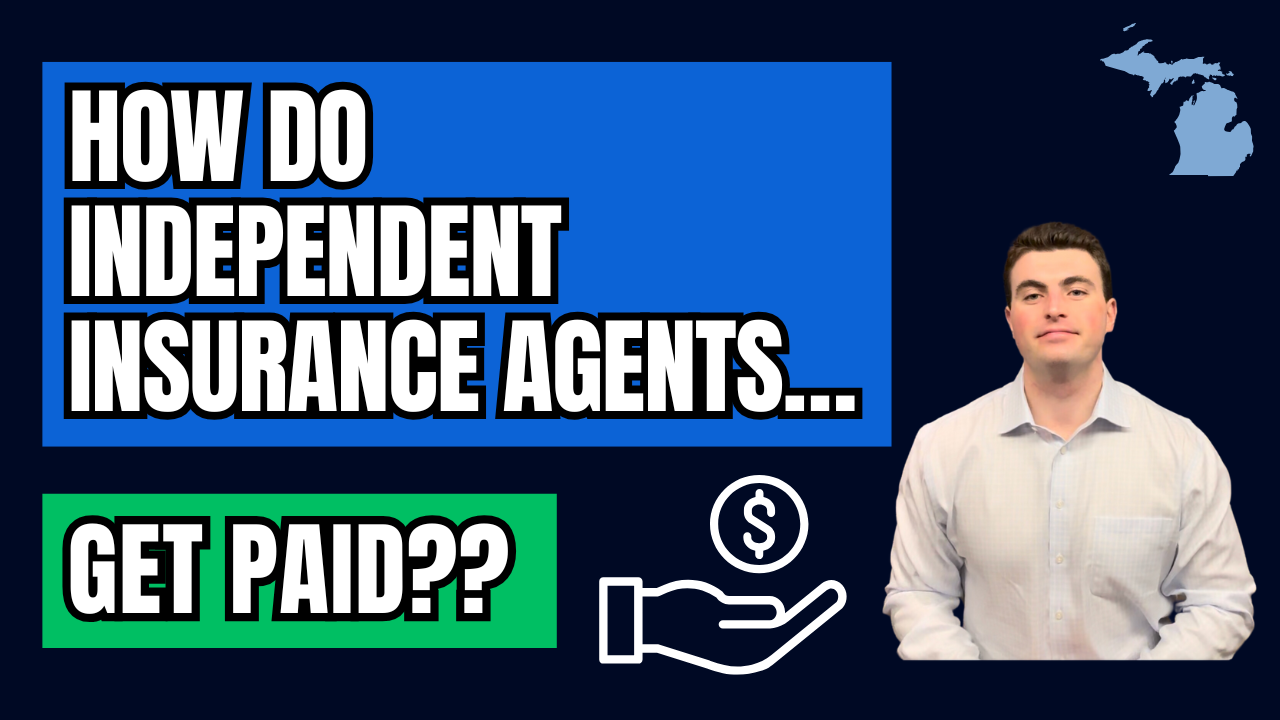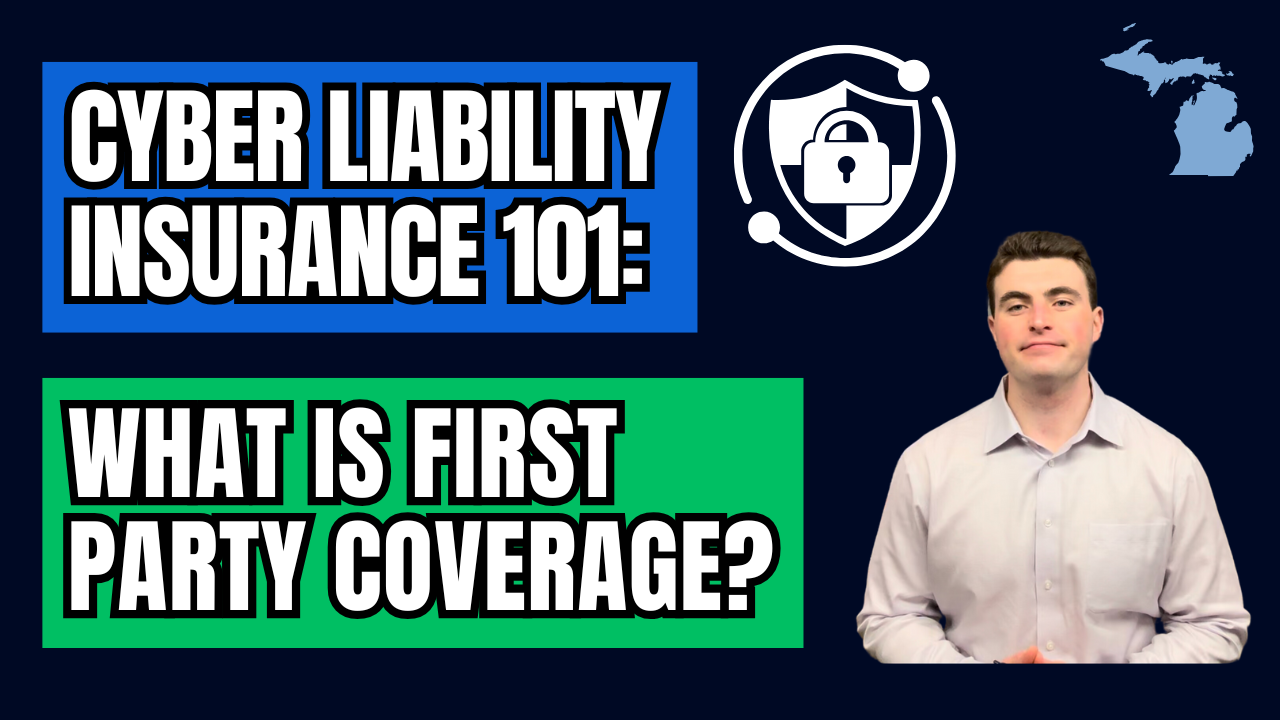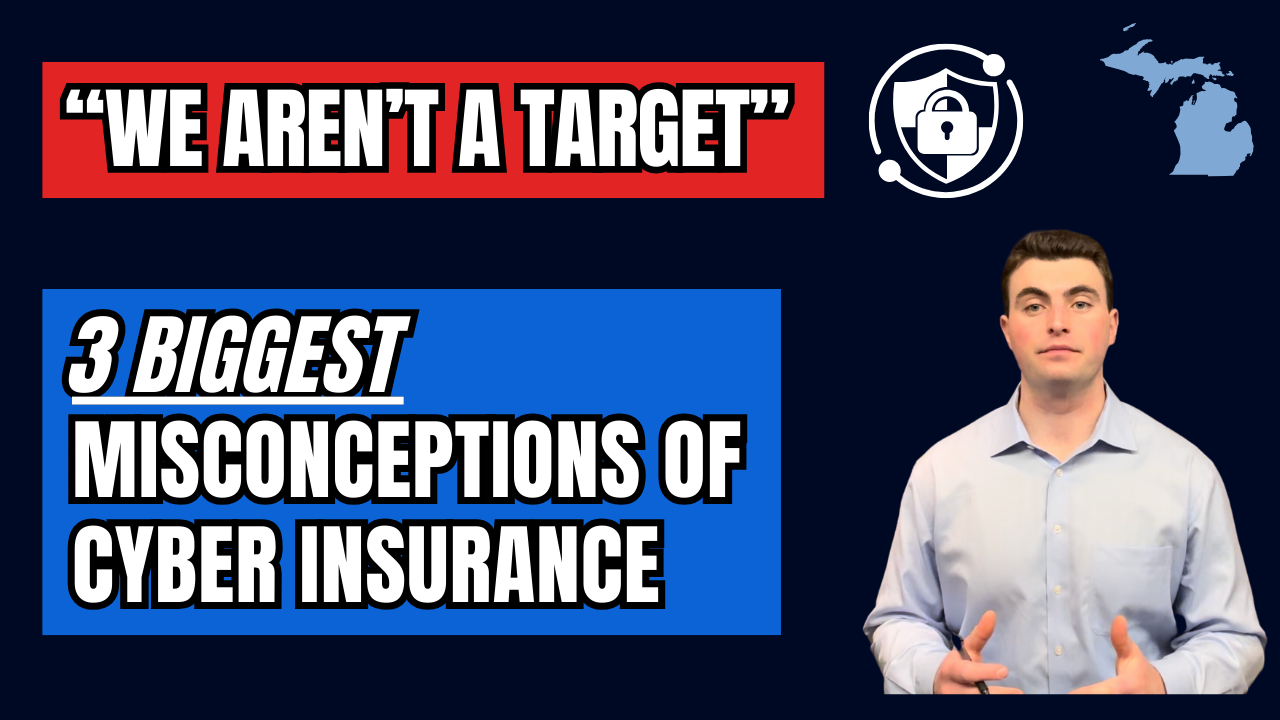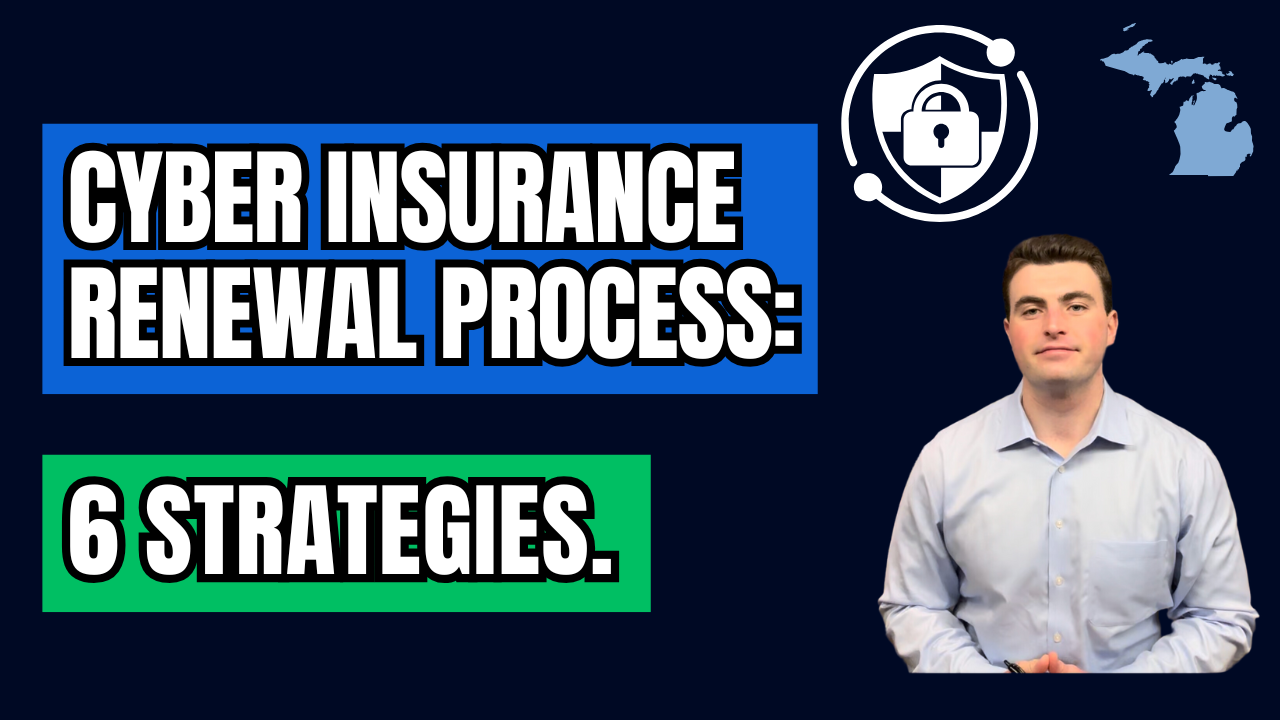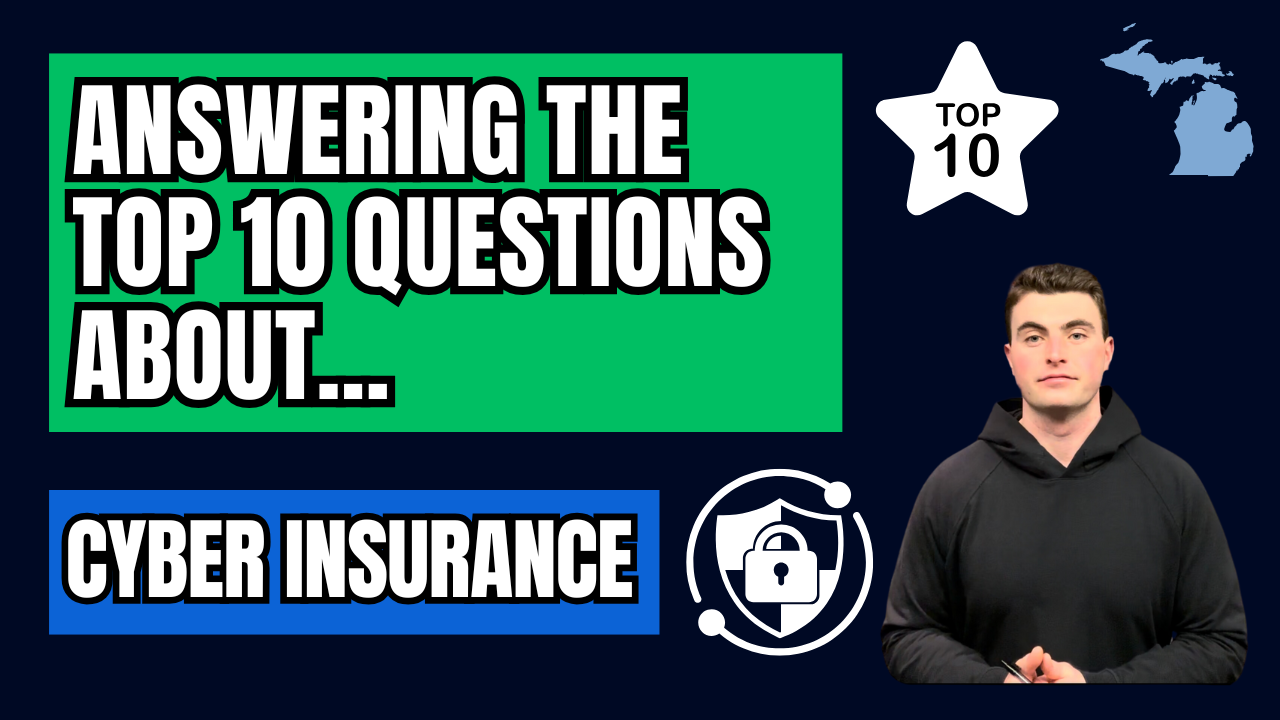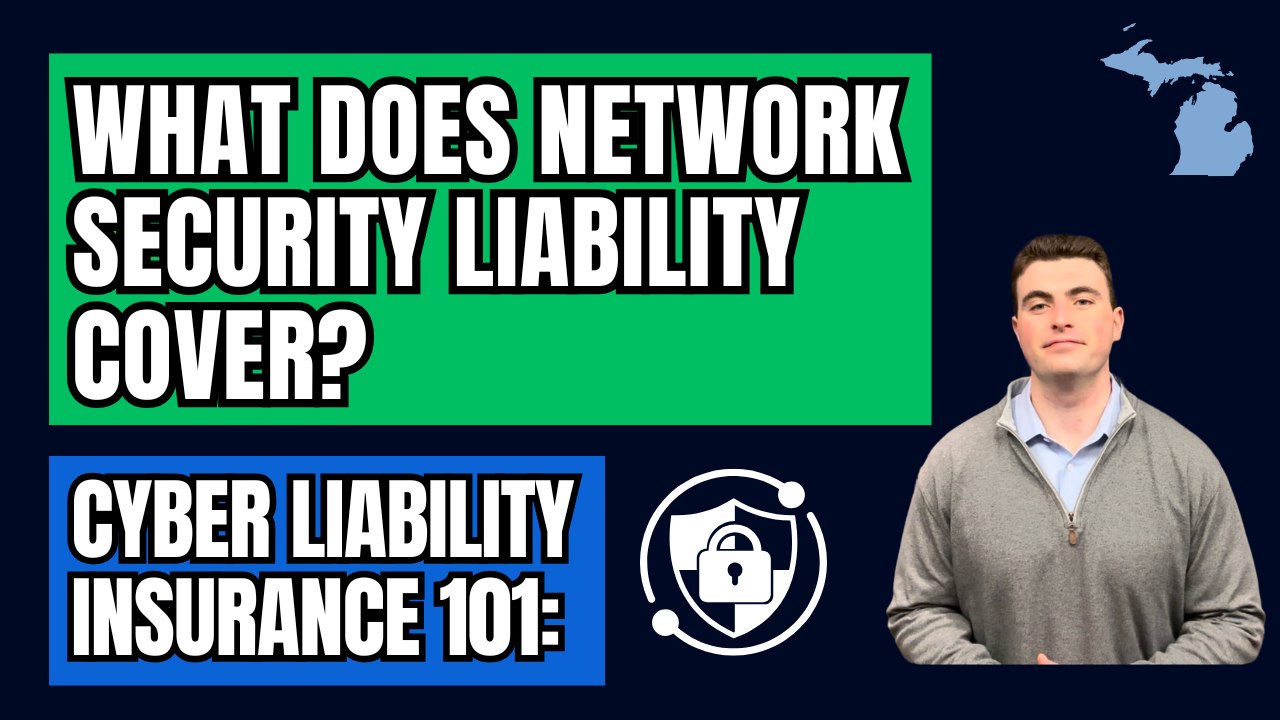Hired & Non-Owned Auto Insurance - What Is It? (& Why Your Business Needs It)
Hired & Non-Owned Auto Insurance – What Is It? (& Why Your Business Needs It)
If your employees ever rent a car for a business trip or use their own vehicle to run a work errand, your business could be exposed to a serious liability risk. That’s where Hired & Non-Owned Auto Insurance (HNOA) comes in.
This often-overlooked coverage is an essential piece of protection for many businesses—and it might even be required in some situations. In this post, we’ll break down what HNOA insurance covers, who needs it, and why it’s a smart move for your business.
What Is Hired & Non-Owned Auto Insurance?
Hired & Non-Owned Auto (HNOA) insurance is a type of liability coverage that protects your business if an employee causes an accident while driving:
- A rented or borrowed vehicle (hired auto), or
- Their personal vehicle (non-owned auto) for business purposes.
It does not cover physical damage to the vehicle itself, but it does protect your business from the legal and financial fallout if your company is held liable for an accident.
Let’s break down why HNOA insurance is so important:
1. Covers Rented or Borrowed Vehicles (Hired Autos)
If your team ever rents a vehicle for a work trip or borrows a vehicle for business errands, your business could be on the hook if there's an accident. HNOA provides liability coverage in these situations, protecting your company from third-party claims for bodily injury or property damage.
2. Covers Employee-Owned Vehicles Used for Work (Non-Owned Autos)
Employees often use their personal vehicles to run business errands—dropping off a package, attending a meeting, or picking up supplies. If they get into an accident while doing something work-related, your business could be sued. HNOA insurance helps cover those liabilities.
3. Fills the Gap Left by Personal Auto Insurance
Most personal auto insurance policies don’t cover business use. That means if an employee is in an accident while using their own car for your business, their insurance may not cover the damage—or worse, the claim could be denied. HNOA helps fill that gap.
4. May Be Required by Clients or Partners
In some industries, carrying HNOA coverage is a contractual requirement. If you’re bidding on a contract, working with a large client, or entering into a vendor agreement, you may be asked to show proof of this coverage.
5. Protects Against Lawsuits and Financial Losses
Without this coverage, your business could face legal fees, settlements, and other costs if you're found liable for an accident involving a hired or non-owned vehicle. HNOA insurance helps manage that risk and protect your bottom line.
6. Complements Your General Liability Coverage
Here’s an important point: General liability insurance does not cover auto accidents. Adding HNOA coverage helps close this coverage gap, giving your business more complete liability protection.
Final Thoughts
Hired & Non-Owned Auto insurance is a smart, affordable way to protect your business from a very real risk—one that many companies don’t even realize they have until it’s too late.
Whether you manage a team that travels frequently or just have employees occasionally using their own vehicles for work errands, this coverage can be a critical safeguard for your business.
Need help figuring out whether HNOA coverage makes sense for your business? Reach out today—we’re happy to walk you through your options and make sure you’re protected.
Contact Us
We will get back to you as soon as possible.
Please try again later.
